An abnormal smear test, also known as a Pap test, is a crucial screening tool used to detect changes in the cervix that could lead to serious health conditions, including cervical cancer. Dr. Saurabh Phadnis in London offers expert guidance to help you navigate these results and decide the best course of action.
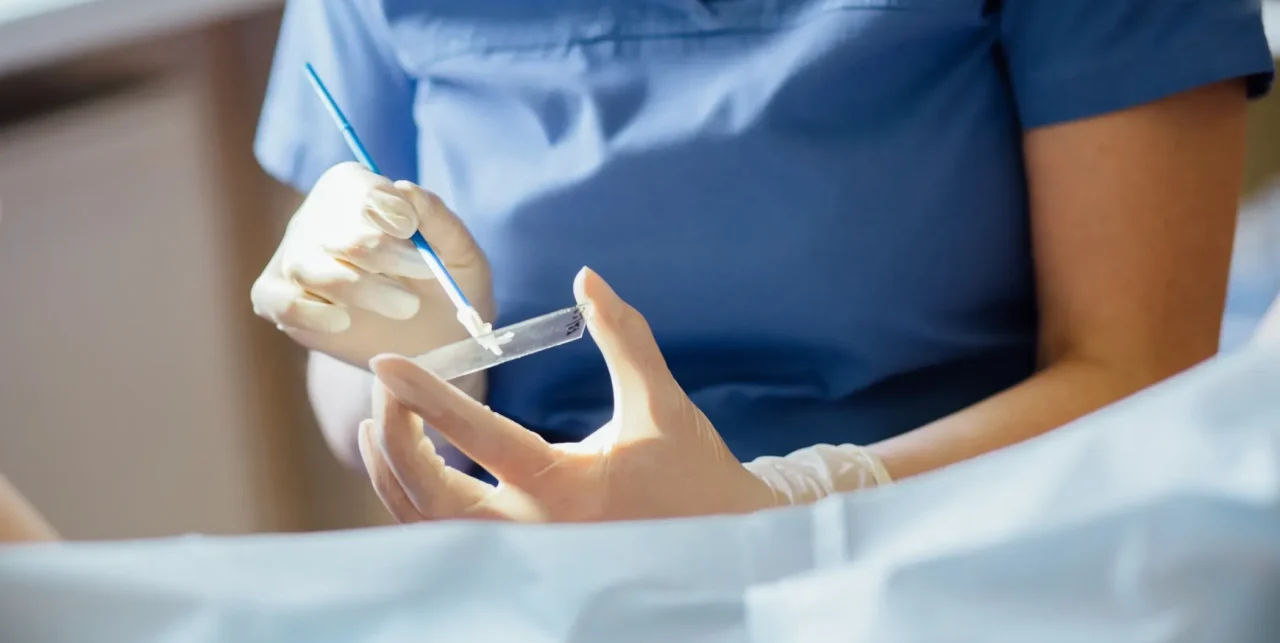
An abnormal smear refers to results from a cervical smear test where the cells from the cervix are found to be abnormal.
The purpose of a smear test is to screen for precancerous changes or the presence of infections like the human papillomavirus (HPV). An abnormal result simply means that the test has detected some changes in the cells of the cervix.
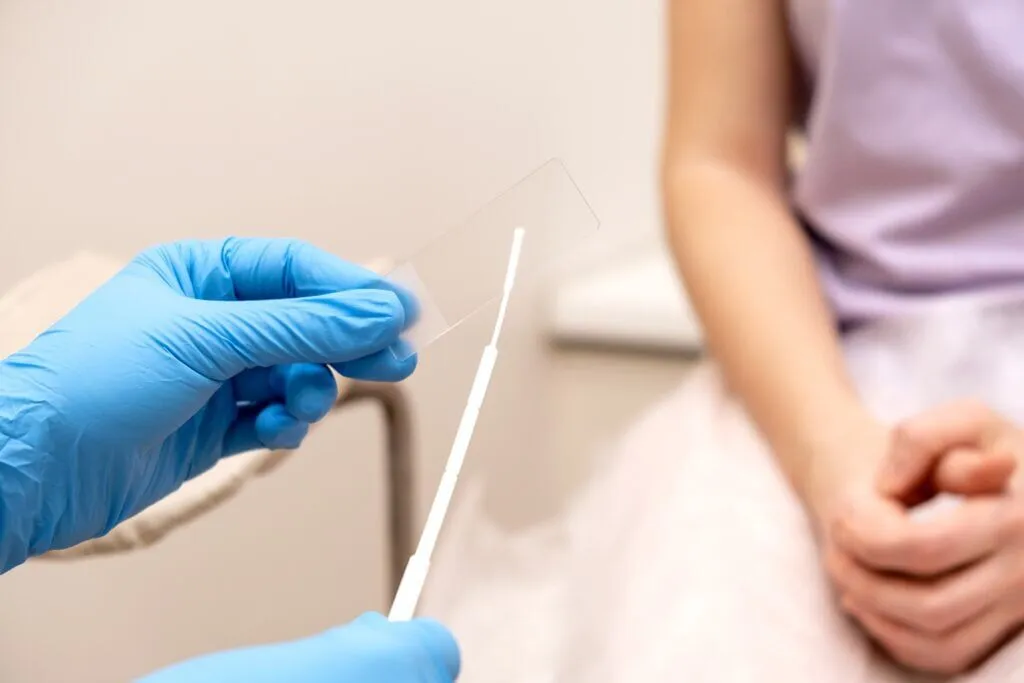
HPV is the leading cause of abnormal smear test results. This sexually transmitted infection can cause changes to cervical cells, and persistent infections are most closely linked to cervical cancer. However, not all strains of HPV cause cancer.
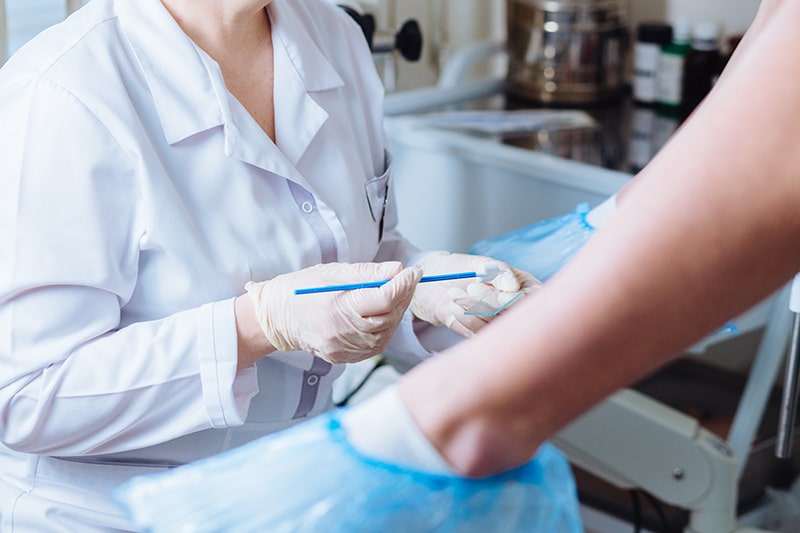
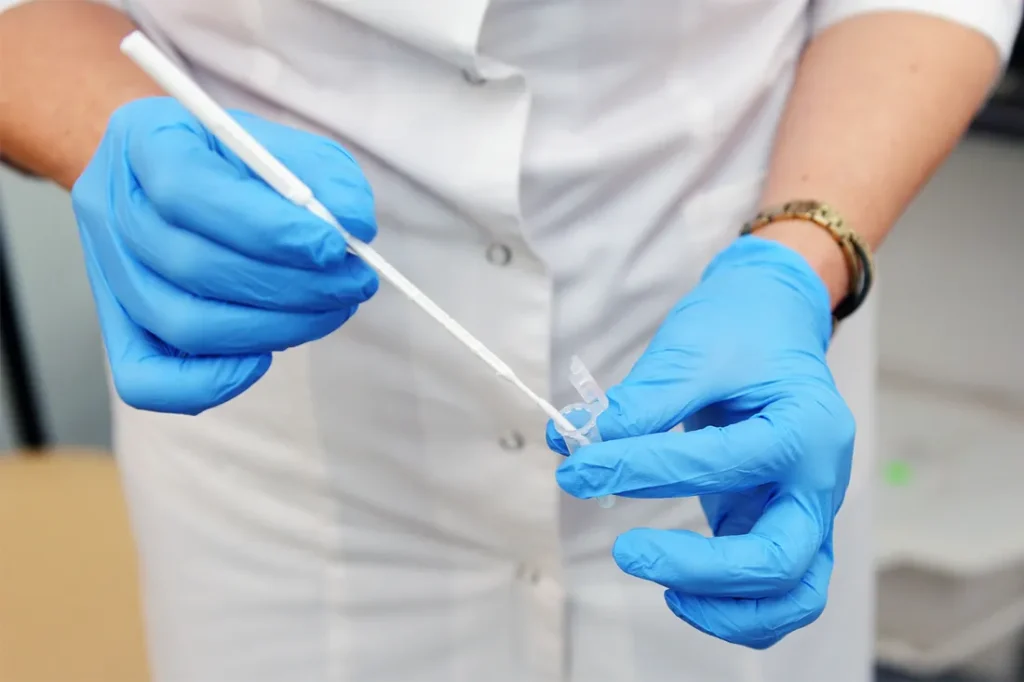
If you experience any of these symptoms, it’s essential to speak with your healthcare provider, but remember that many women with abnormal smear results don’t show any signs or symptoms.
The diagnosis of an abnormal smear is made through the cervical smear test, a simple procedure where cells are collected from the cervix using a small brush or spatula. The sample is then examined under a microscope to detect any abnormalities.
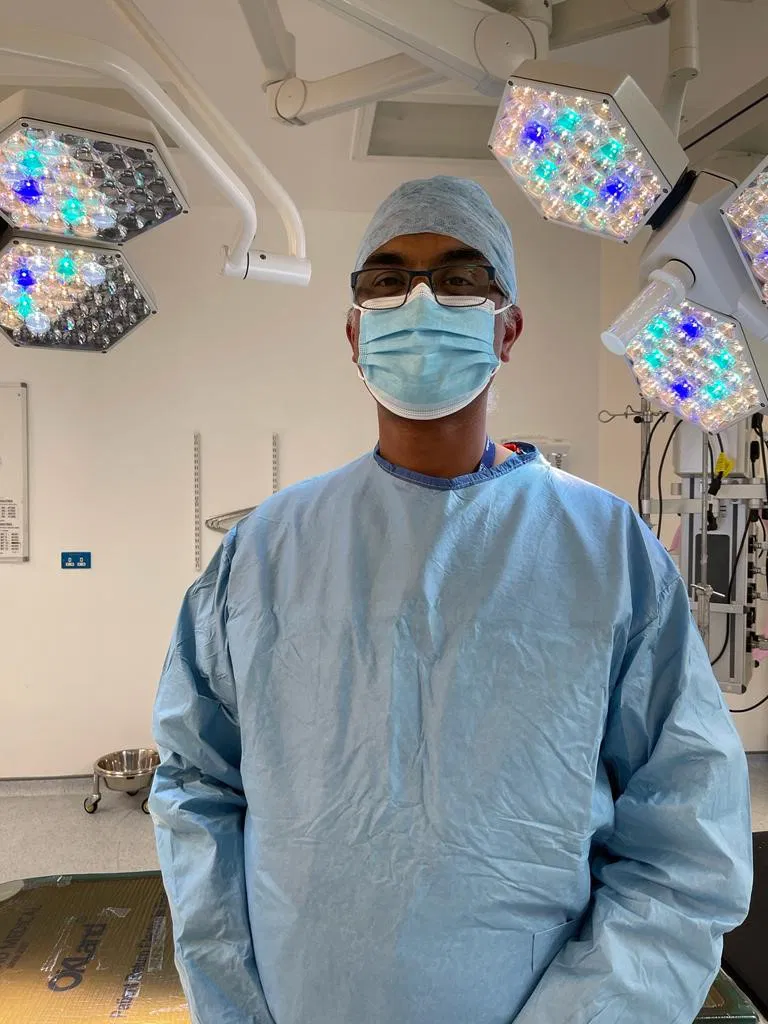

There are several steps you can take to reduce the risk of cervical cell changes:
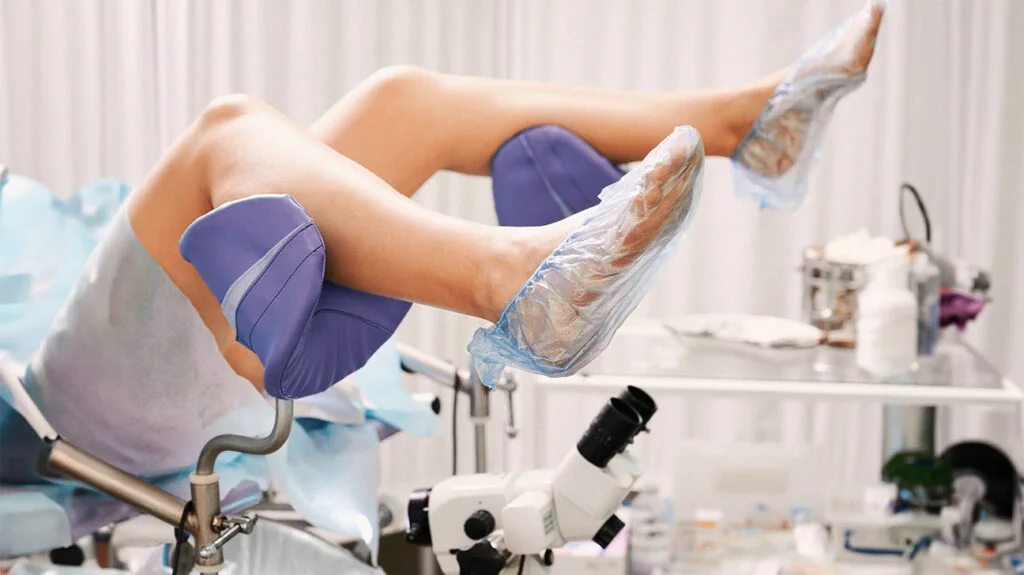

An abnormal smear result is a common occurrence and does not automatically imply cancer. Many factors can lead to abnormal cervical cell changes, and most of these are not life-threatening.
If you’re in London and have received an abnormal smear result, consulting Dr. Saurabh Phadnis can help you understand your options and take the necessary steps to protect your health.
If you’re concerned about an abnormal smear or have symptoms related to cervical health, private consultations are available with Dr. Saurabh Phadnis, leading Gynaecologist, Oncologist, Surgeon, and Co-Lead Colposcopist based in London; specialising in gynaecological cancer. You can visit his clinic or call directly to book an appointment and receive expert care, advice, and personalised treatment.
In the UK, women are advised to have a smear test every three years between the ages of 25 and 49, and every five years from ages 50 to 64. After age 65, you may only need a smear test if you have had abnormal results in the past.
An abnormal smear does not automatically mean you have cancer. Most abnormalities are caused by minor, prenon-cancerous changes. Further testing is required to determine the cause and severity of the changes.
No, abnormal smears should be addressed by a healthcare professional. Treatments like cryotherapy or LEEP are performed in a medical setting. Self-treatment is not recommended for abnormal smear results.
Preventing an abnormal smear involves regular cervical screening, getting the HPV vaccine, avoiding smoking, and maintaining a healthy lifestyle to reduce the risk of infections.
If you receive an abnormal smear result, it’s important to follow up with your healthcare provider. They may recommend additional tests, such as HPV testing or a colposcopy, to determine the severity of the changes and the best course of action.
Specialising in the field of gynaecological cancer, covering the entire spectrum from diagnosis to treatment and post-treatment care.